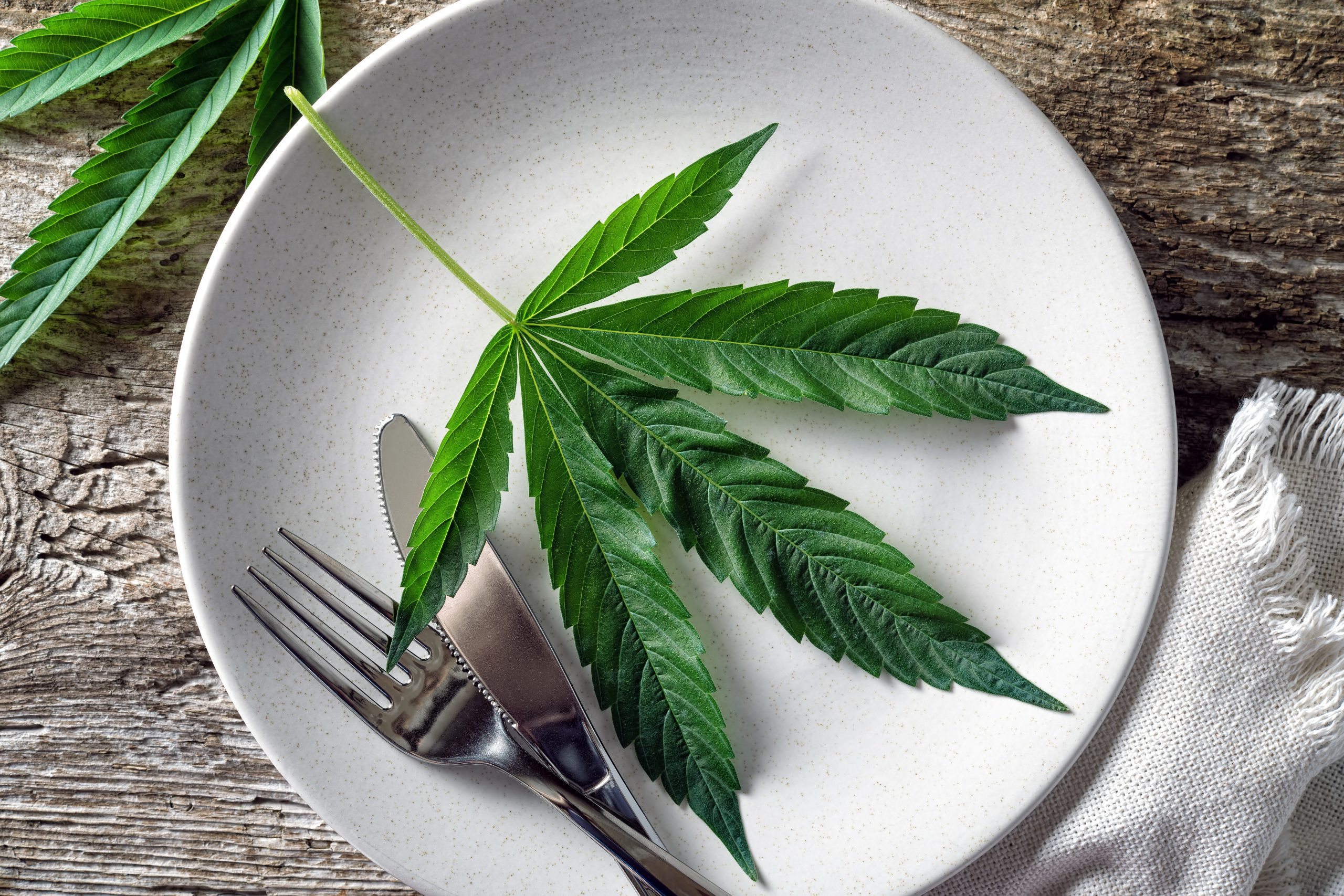We’ve all been there—you’re enjoying a relaxing evening with your favorite strain, and suddenly, the munchies hit. If you’ve ever wondered how to stop the munchies, you’re not alone. While they can be a fun part of the cannabis experience, they’re not always ideal if you’re sticking to a healthy diet or using cannabis regularly for wellness.
In this blog, we’ll dive into why cannabis triggers those irresistible cravings and, more importantly, how you can outsmart them.
Understanding the ‘Munchies’
The munchies are that sudden, intense craving for food you get after consuming cannabis. Cannabis, especially strains high in THC, can make you feel hungrier than usual. This happens because THC tricks your brain into thinking you’re hungry, even if you’re not. It also makes food taste better and more enjoyable, which is why you might find yourself reaching for snacks you normally wouldn’t crave.
Why Do We Get the Munchies?

- The Role of THC and Other Cannabinoids: THC is the main culprit behind the munchies. It binds to cannabinoid receptors in your brain, which are part of the endocannabinoid system. This system regulates various bodily functions, including appetite.
- Interaction with the Brain’s Endocannabinoid System: When THC binds to these receptors, it enhances the release of hunger hormones and stimulates the brain regions responsible for taste and smell, making food seem more appealing.
- Influence on Hunger Hormones (Ghrelin and Leptin): THC increases the production of ghrelin, a hormone that signals hunger to your brain. At the same time, it might reduce the effectiveness of leptin, the hormone that tells your brain you’re full. This one-two punch is why you might feel insatiably hungry after enjoying some cannabis.
Munchies Myths
When it comes to the munchies, there’s no shortage of myths and misconceptions. Let’s bust some of the most common myths to help you navigate your cannabis experience with a clearer understanding.
Myth 1: All Cannabis Strains Cause the Munchies
While it’s true that many cannabis strains can stimulate appetite, not all strains have the same effect. Strains high in THC are more likely to cause the munchies, whereas those rich in CBD or THCV can actually help suppress appetite. Knowing the cannabinoid profile of your chosen strain can help you manage your cravings more effectively.
Myth 2: Drinking Water Can Stop the Munchies
Staying hydrated is always a good idea, but drinking water won’t necessarily stop the munchies. The munchies are driven by chemical changes in the brain, and while water can help you feel fuller temporarily, it won’t override the effects of THC on your appetite.
Myth 3: Only Junk Food Satisfies the Munchies
It’s easy to reach for chips and candy when the munchies hit, but they aren’t your only options. In fact, healthy snacks can be just as satisfying. Fruits, vegetables, nuts, and other nutritious options can provide the crunch, sweetness, or savory flavors you’re craving without the guilt.
Myth 4: The Munchies Last as Long as the High
The duration of the munchies can vary. While they often peak during the height of your cannabis high, they can subside before the effects of cannabis fully wear off. Paying attention to your body’s signals and having a plan in place can help you manage these cravings more effectively.
Strategies to Stop The Munchies

Just because the munchies can happen doesn’t mean they have to happen. Here are some strategies to keep in mind before, during, and after your cannabis consumption to keep those munchies to a minimum.
Choose Strains Less Likely to Cause Munchies
One effective way to manage the munchies is by being mindful of the strains you choose. Strains that are high in CBD or THCV and lower in THC are less likely to trigger those intense cravings. CBD (cannabidiol) is known for its non-psychoactive properties and can help balance the effects of THC. THCV (tetrahydrocannabivarin) is another cannabinoid that has been found to suppress appetite. By opting for these strains, you can enjoy the benefits of cannabis without the overwhelming urge to eat the whole fridge.
During Consumption
- Focus on Activities: Keep your hands and mind busy with engaging activities. Whether it’s playing a game, working on a hobby, or hanging out with friends, staying occupied can help distract from the munchies.
- Choose a Mindful Setting: Consume cannabis in an environment that doesn’t encourage mindless snacking. Create a space where healthy choices are easily accessible and junk food isn’t in sight.
After Consumption
- Opt for Healthier Snacks: When the munchies strike, reach for healthy alternatives like fruits, vegetables, or nuts. These snacks are not only better for you but can also be just as satisfying.
- Practice Mindful Eating: Pay attention to what and how much you’re eating. Take your time to savor each bite, which can help you feel full sooner.
- Keep Junk Food Out of Reach: If you don’t have unhealthy snacks readily available, you’re less likely to indulge in them. Stock your kitchen with nutritious options to make healthier choices easier.
Stay Satisfied with Stem Haverhill Cannabis Dispensary
Managing the munchies doesn’t have to be a struggle. By understanding the science behind these cravings and implementing smart strategies, you can enjoy your cannabis experience without overindulging. From choosing the right strains to staying mindful of your eating habits, there are plenty of ways to keep the munchies in check.
Ready to explore a variety of cannabis products that cater to your needs? Visit Stem Haverhill for a wide selection of strains, including those high in CBD and THCV, which can help manage your appetite. We’re here to help curate your cannabis experience just for you!
*The contents of this blog are intended for informational purposes only. Always seek the advice of a physician or other qualified healthcare provider with any questions you may have regarding a medical condition.*


